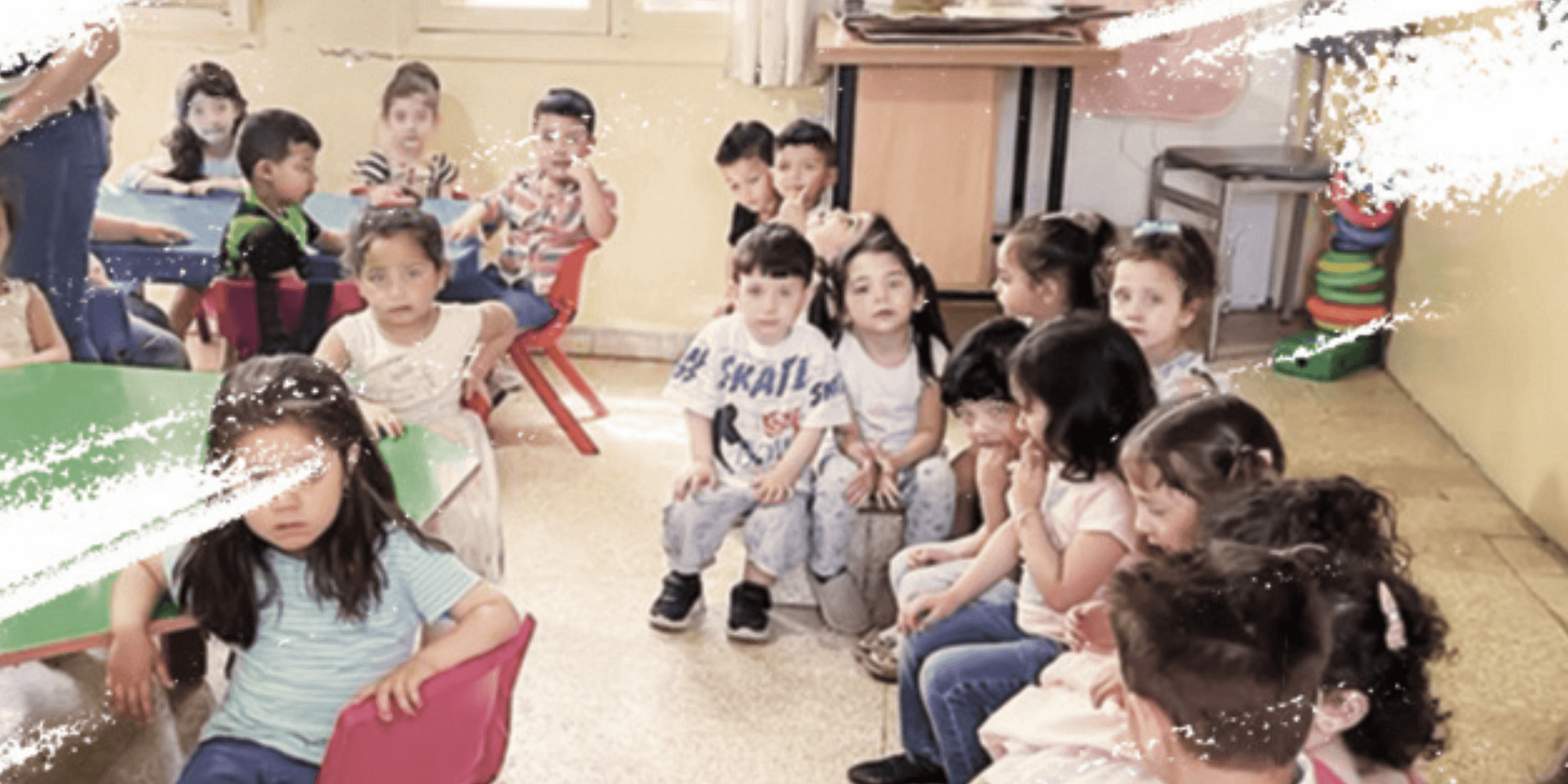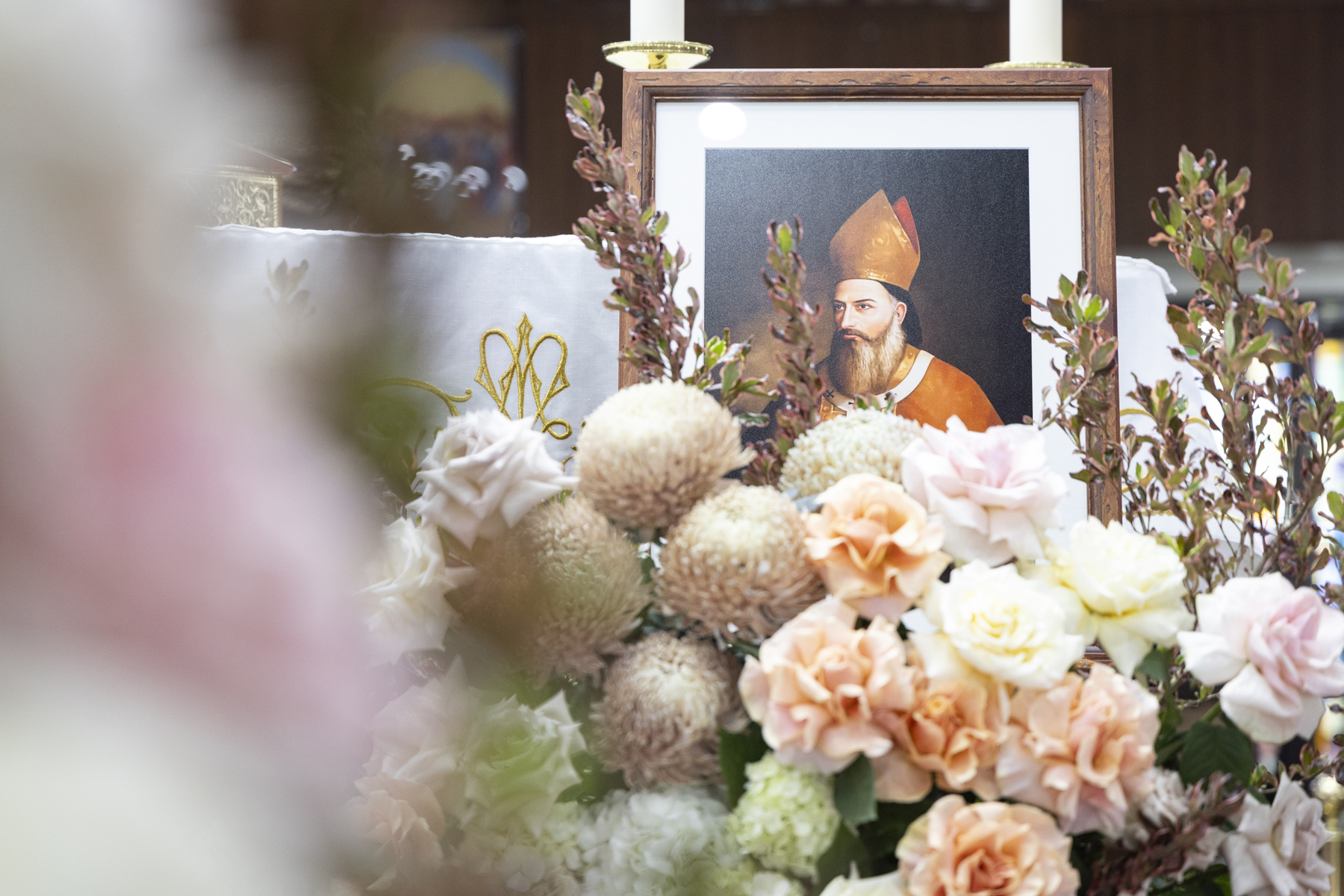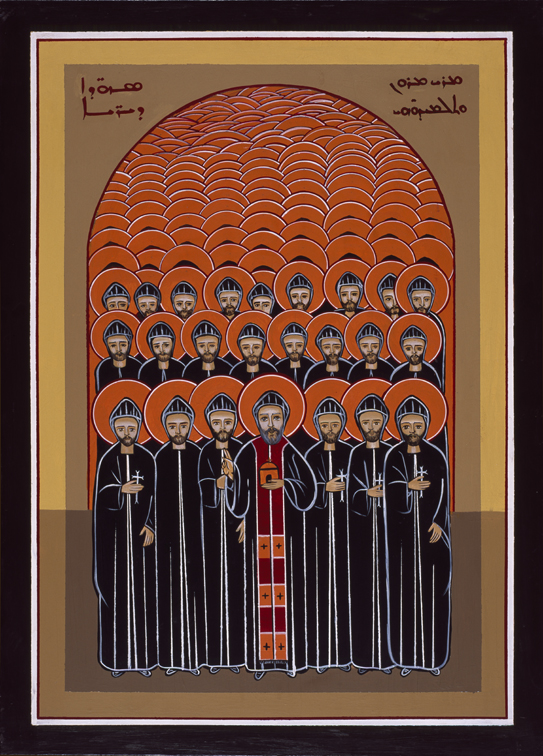
“The glory of Lebanon shall come to you, the cypress, the plane, and the pine, to beautify the place of my sanctuary; and I will glorify where my feet rest.” (Isaiah 60: 13)
Dubbed the ‘Switzerland of the Middle East,’ Lebanon has long been a statement of hope and freedom, combining the best of the Western world with the best of the Eastern world. Ancient ruins, snow-capped mountains, sprawling valleys and blue oceans, met with statues of saints at every corner, village churches and lively Lebanese hospitality.
“Lebanon is something more than a country: it is a message of freedom and an example of pluralism for the East as for the West,” wrote Pope John Paul II to the Lebanese Catholic Bishops on 7 September 1989, during a period of civil war and conflict.
Despite countless challenges in Lebanon’s past, the nation has always stood as a statement of hope globally. Lebanon carries a deep and rich history, marked by the resilience and strength of its people, who have overcome all adversity thrown their way, from famine and war to colonisation and persecution.
For Maronites, Lebanon’s importance cannot be overstated. It is the home of our saints and forefathers, the place where our ancestors built the foundations of the Maronite faith, and it is where the seat of the Maronite Patriarchate is located.
When asked to describe Lebanon, many Maronites will use a single word, so simple, yet so full of meaning: home. A retreat where we can find new hope, renew our faith and reconnect with our roots.
Maronites are based all around the world now, with eparchies in countless nations. One thing we all share in common is the love and longing for our homeland.
But marred by an ever-worsening economic crisis, the warm embrace of our homeland is growing cold. Hope is dissipating and Lebanon’s message of freedom is becoming meaningless as the economic crisis finds its way to Maronite families, schools and students.
Reports from the United Nations show the staggering reality of education in Lebanon: 38% of households have been forced to cut education budgets and 16% of children have been compelled to drop out of school. With the future of an entire generation now endangered, there are grave concerns for the future of Lebanon as a nation.
Maronite schools, once known for educational excellence across the country, are faced with an existential crisis. With families on the brink of financial collapse, the future of these schools hangs in the balance, further threatening the future of Lebanon.
Families are being forced into impossible dilemmas, having to unfairly choose which basic necessities to prioritise. Food or medicine? Clothes or electricity? Bills or education?
Countless households are grappling with these decisions, as heartbroken parents are forced to compromise on the future of their children just to ensure that they are fed and cared for.
His Excellency Bishop Antoine-Charbel Tarabay has sounded the alarm and called for solidarity and action emphasising, “The future of Lebanon passes first through the school.” And for those reasons, as the Maronite Eparchy of Australia celebrates its Golden Jubilee, a key focus of the momentous occasion is assisting struggling schools in Lebanon, the spiritual homeland of the Maronites.
Charity has long been at the heart of Australia’s Maronites, who have passionately come together to assist their brothers and sisters in Lebanon through various challenges.
The upcoming Golden Jubilee Dinner, in the presence of His Beatitude and Eminence Mar Bechara Boutros Cardinal Rai, Patriarch of Antioch and All the East, taking place at Rosehill Gardens on 21 September, will be an opportunity to directly contribute to the future of Lebanon.
Funds from the dinner will go directly towards paying the school fees of struggling families, helping students gain an education and helping schools stay open.
Bishop Tarabay said, “Without good education, Lebanon will loose the heart of its mission and message.”
It is now more important than ever to hold on to that message of freedom and spread it far and wide, to ensure that hope remains for Lebanon and its people.
To donate please visit our appeals page.




